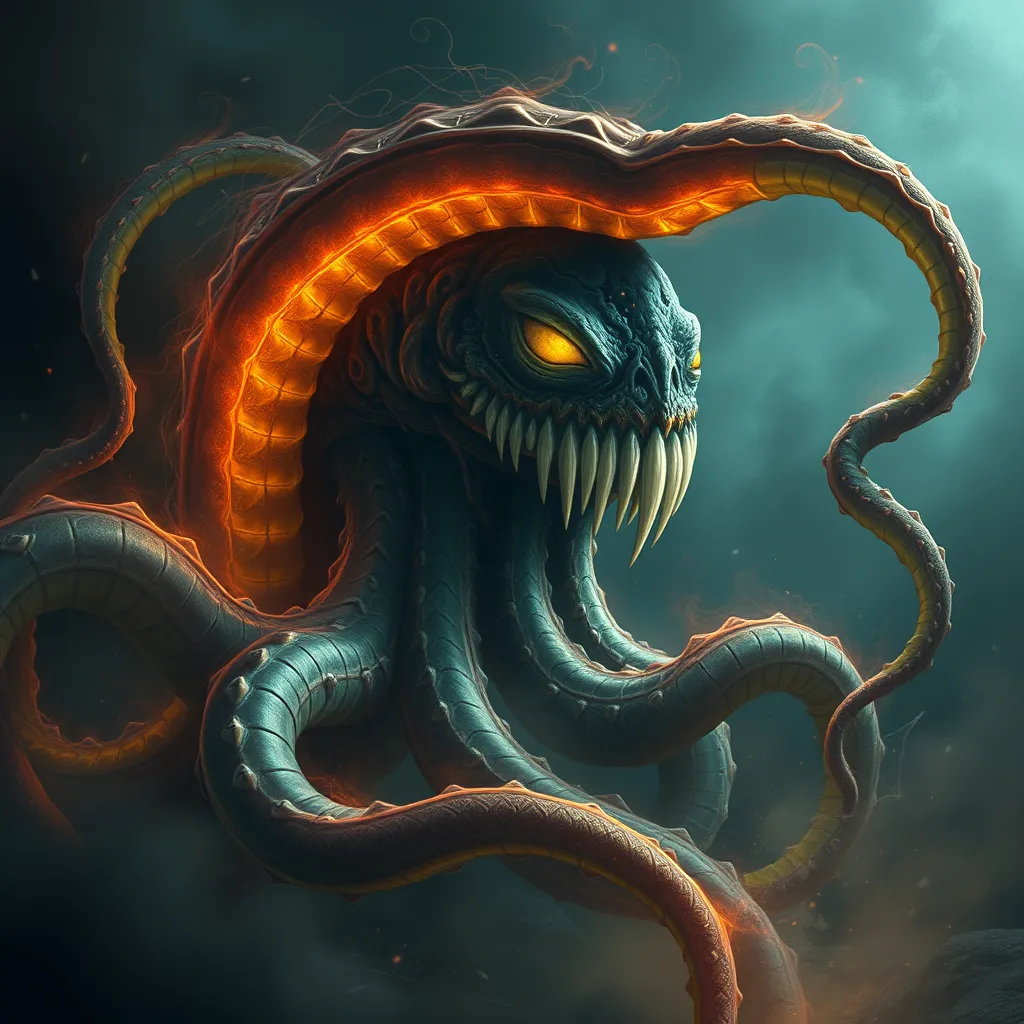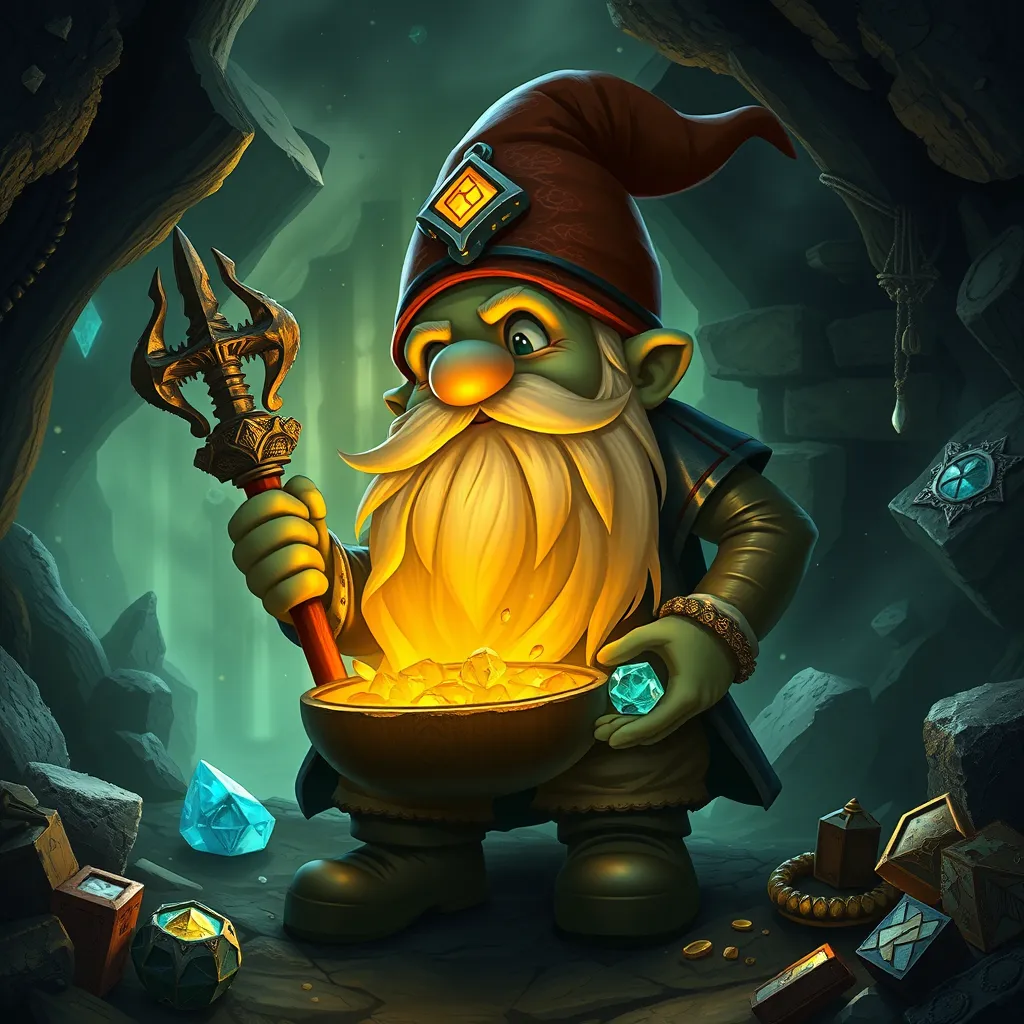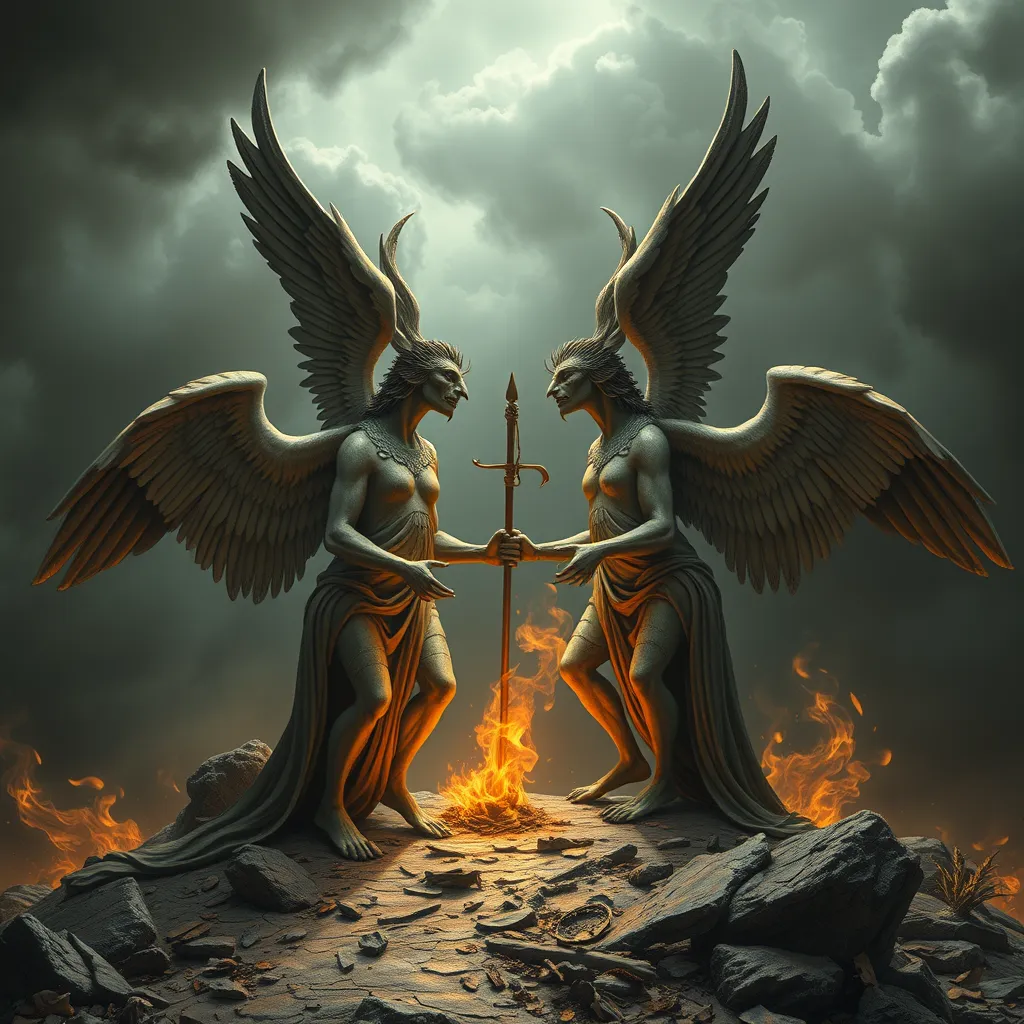The Kraken’s Intelligence: Exploring the Monster’s Cognitive Abilities and Potential for Strategic Thinking
I. Introduction
The Kraken, a legendary sea monster, has captured the imagination of people for centuries. Often depicted as a gigantic octopus or squid, this creature has become a staple in both mythology and popular culture. From ancient folklore to modern films, the Kraken represents the unknown depths of the ocean and the mysteries that lie within.
This article delves into the concept of intelligence as it pertains to mythical creatures, with a specific focus on the Kraken. By examining its cognitive abilities and potential for strategic thinking, we aim to shed light on the complexities of this legendary beast.
II. Historical Context of the Kraken
The origins of the Kraken legend can be traced back to Nordic folklore and seafaring tales. Sailors spoke of a monstrous creature that would drag entire ships beneath the waves, showcasing the fears and dangers of the unexplored oceans.
Over the years, the portrayal of the Kraken has evolved significantly. In literature, the Kraken has appeared in works such as Alfred Lord Tennyson’s “The Kraken” and Jules Verne’s “20,000 Leagues Under the Sea.” In modern media, films like “Pirates of the Caribbean” and video games such as “Sea of Thieves” have brought the creature to life in new and exciting ways.
The significance of the Kraken in maritime culture cannot be understated. It serves as a metaphor for the unknown and a reminder of the ocean’s power, embodying both fear and fascination.
III. Defining Intelligence in Non-Human Entities
To understand the Kraken’s intelligence, we must first establish criteria for assessing intelligence in non-human entities. Common benchmarks include problem-solving abilities, communication skills, and social behavior.
When comparing the Kraken to known intelligent marine species, such as octopuses and dolphins, we find intriguing similarities. Both octopuses are known for their problem-solving skills, while dolphins exhibit complex social interactions and communication methods. This comparison raises the question: could the Kraken possess similar cognitive capabilities?
The environment also plays a crucial role in shaping cognitive abilities. The vast and complex marine ecosystem in which the Kraken supposedly resides may foster advanced intelligence, just as it has in other marine species.
IV. The Kraken’s Physical Attributes and Their Implications for Intelligence
The anatomy of the Kraken is often described as colossal, with long tentacles capable of grasping and manipulating objects. Its size alone suggests a certain level of evolutionary adaptation.
Physical traits, such as the presence of a large brain and advanced sensory organs, could contribute to the Kraken’s cognitive functions. For instance, the ability to sense changes in water pressure and temperature may aid in navigation and hunting.
Additionally, the Kraken’s physical capabilities imply potential problem-solving skills. Its tentacles could be used for intricate tasks, such as opening shells or manipulating objects, showcasing a level of dexterity and intelligence.
V. Theoretical Exploration of the Kraken’s Cognitive Abilities
Hypothetical scenarios can provide insight into the Kraken’s strategic thinking. For instance, if the Kraken were to hunt, it might employ tactics such as ambush or deception, using its environment to its advantage.
Furthermore, the potential for communication within the Kraken species could be significant. Like many intelligent creatures, the Kraken might have developed methods of signaling or vocalizing to communicate with others, whether through bioluminescence or underwater sounds.
Understanding the implications of the Kraken’s intelligence on its behavior adds another layer to its mythos. An intelligent Kraken could exhibit complex social structures, territoriality, and even cooperative hunting strategies.
VI. The Kraken in Popular Culture: A Reflection of Intelligence
The Kraken’s portrayal in films, books, and games has evolved alongside our understanding of intelligence. These representations often highlight the creature’s cunning and strategic nature, reinforcing the idea of the Kraken as a formidable opponent.
Public perception of the Kraken’s intelligence is shaped by these portrayals. In many modern adaptations, the Kraken is depicted not merely as a mindless beast but as a creature capable of thought and strategy, which adds depth to its character.
Modern interpretations have expanded the Kraken’s mythos, transforming it from a simple sea monster into a symbol of intelligence and cunning in the realm of fantasy. This shift has influenced how audiences view not only the Kraken but also other mythical creatures.
VII. The Significance of Kraken Intelligence in Environmental Contexts
The role of intelligent creatures in marine ecosystems is critical. As apex predators, they help maintain the balance of their habitats, influencing the populations of various species.
The potential existence of a creature like the Kraken raises important questions for conservation efforts. If such an intelligent being were to inhabit our oceans, understanding its behavior and needs would be vital for coexisting and protecting marine life.
Moreover, the Kraken’s influence on maritime myths and fears continues to resonate. The fear of the unknown can lead to respect for the ocean and its inhabitants, highlighting the need for conservation and sustainable practices.
VIII. Conclusion
In summary, the exploration of the Kraken’s intelligence reveals a multifaceted creature capable of cognitive abilities and strategic thinking. From its historical context to its potential role in marine ecosystems, understanding the Kraken enhances our appreciation for mythical creatures.
Moreover, this exploration encourages reflections on the broader implications of understanding intelligence in non-human entities. As we continue to study and speculate on creatures like the Kraken, we foster a deeper connection to the mysteries of our world.
Future research may uncover more about the relationships between intelligence, myth, and marine life, ensuring that the Kraken remains a source of fascination for generations to come.



